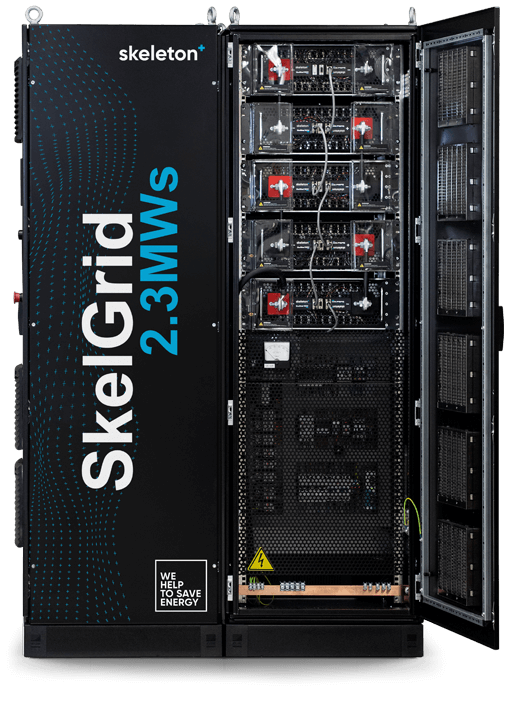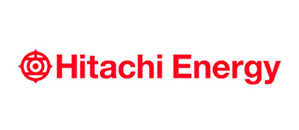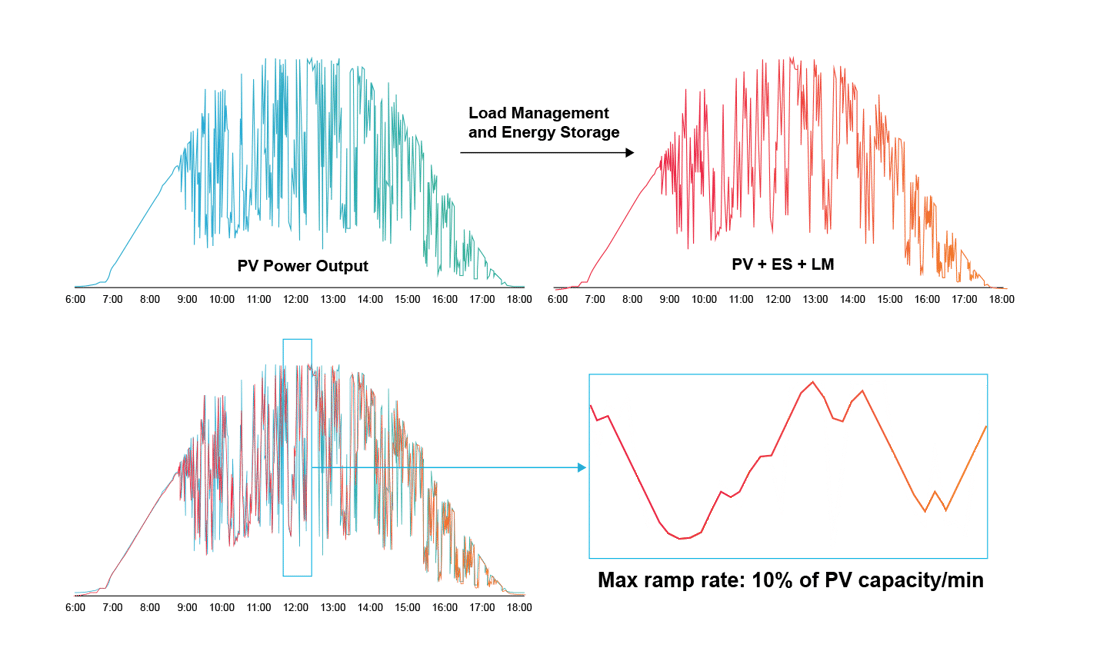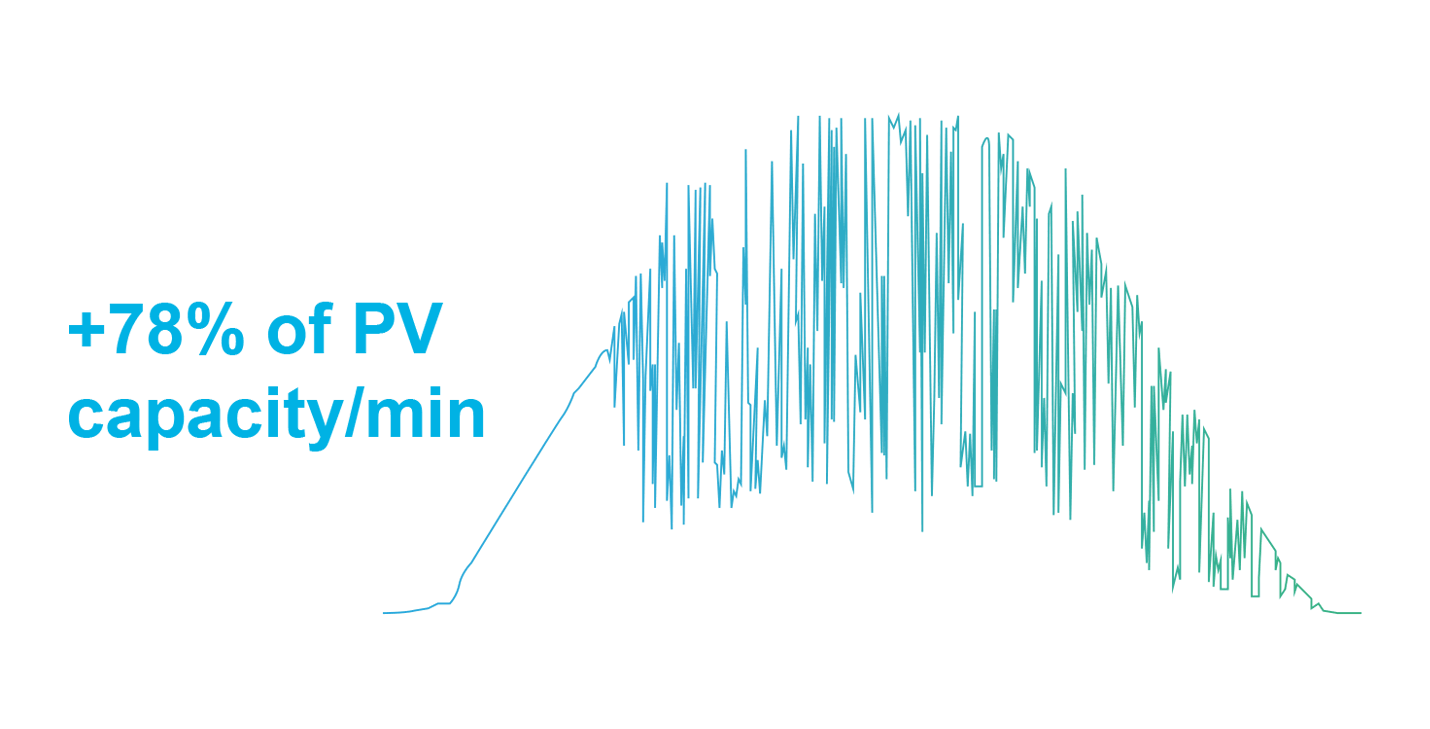Solar Power - PV Ramp Management
Boosting solar power
for a net-zero future
Additionally, since supercapacitors can absorb energy quickly, they enable much faster response times than batteries, allowing operators to react quickly to changes in demand or power quality.










Solar Power Ramp-up Management Challenges
grid stability & power quality
Solar generation is challenged by intermittent and short-duration cloud covering events, which can lead to a rapid decrease in available power capacity. This leads to sharp drops in electricity production, as well as potential problems with frequency regulation, voltage control and other grid operations.
Solar Power Ramp-up Management Challenges include the need to restart power production quickly after a period of low solar irradiation. This can be difficult due to the long restart times needed for large solar plants to reach their full generating capacity. Additionally, rapid starts can cause issues with frequency regulation, voltage control, and other grid operations.
Solar power ramp-up management challenges can also include shorter lifetimes for batteries and inverters due to the large swings in power demand that occur during ramp-up periods. Additionally, restarting large plants quickly puts a lot of strain on these components, leading to increased maintenance costs as well as decreased service life and reliability.

Solar Power Ramp-up Management Solutions
Supercapacitors balance gradients and smooths PV power output
Supercapacitor-based systems help to even out solar power by providing a steady source of energy during ramp-up periods. This helps to reduce strain on batteries and inverters, thus reducing maintenance costs and increasing reliability. In addition, supercapacitors are lightweight, efficient, and have a long service life which makes them an ideal solution for powering renewable energy sources such as solar.
When installed, supercapacitor based systems absorb and store energy when PV panels produce at maximum levels, thus helping to buffer against spikes in energy demand and reduce reliance on battery storage. In addition, these systems monitor and regulate voltage output. This provides protection for DC components against high voltages or current surges which could potentially cause permanent damage.
By using supercapacitors, SkelGrid systems are able to absorb and store energy during periods of peak energy production. Moreover, these systems help regulate voltage output, thereby minimizing risk of disruption due to current surges or high voltages. With this technology, the grid is more stable and decentralized units are better protected against power outages and fluctuations.
Get in touch
We can help you to find the best solution for your needs
Please fill in the form below and our team will get in touch with you to discuss your needs in more detail.
Unfortunately, we can't service private customers - thank you for understanding. If you are curious about using ultracapacitors at home, please have a look at our blog post Ultracapacitors vs. Batteries for more information.





Enter your information below for our team to contact you.
